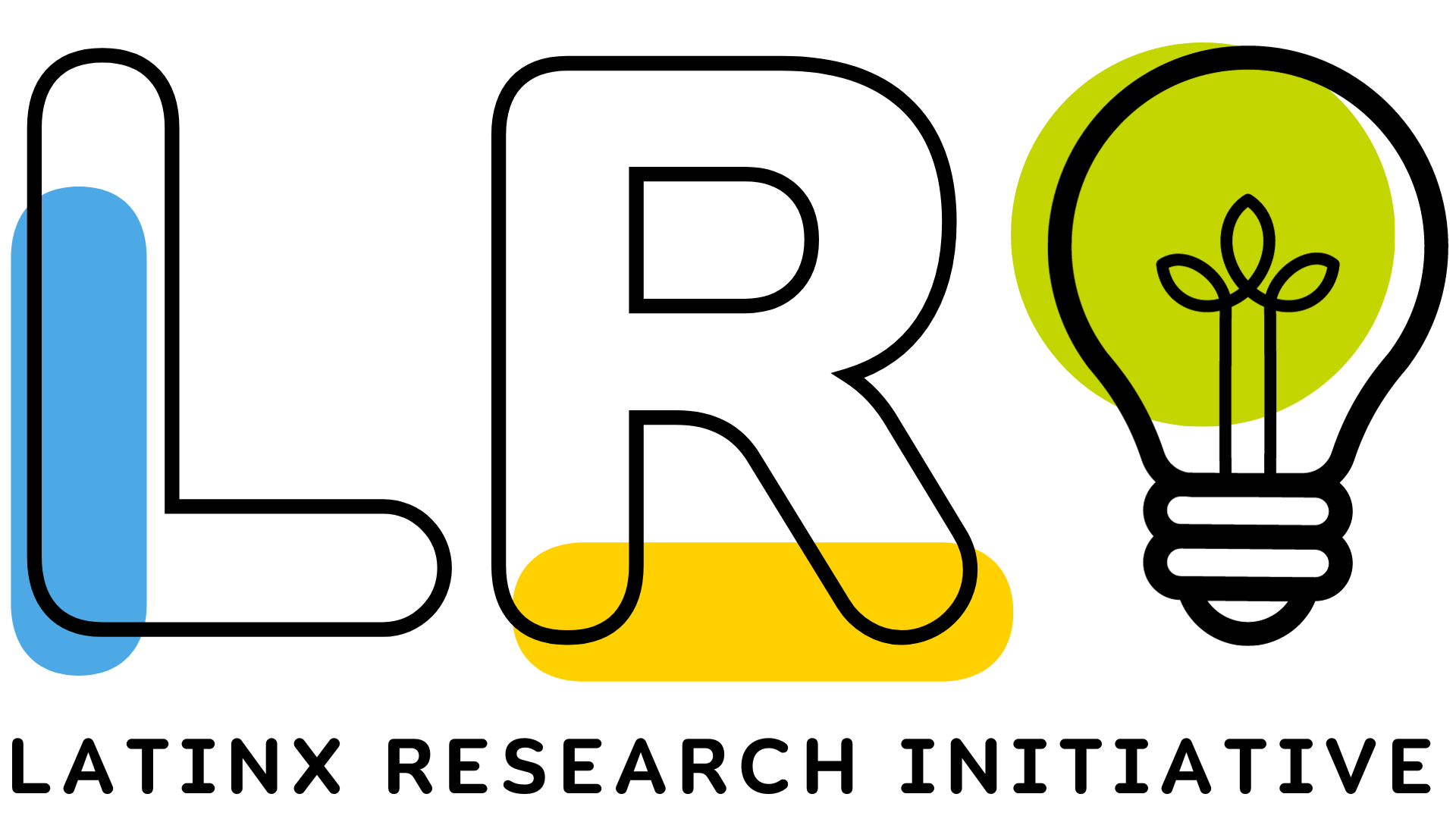Latinx Research Initiative

Overview and Purpose:
- The Latinx Research Initiative, supported by the Carolina Latinx Center, aims to foster Latinx representation in academia through research engagement and research projects. Our one-year fellowship program is dedicated to breaking down barriers hindering Latinx students’ research involvement and Latinx-focused research initiatives, creating an inclusive scholarly environment, paving the way for academic careers, and collaborating on crucial research projects.
- No prior research experience is needed.
Objectives:
- To provide scholars with personalized, transparent, and supportive guidance experience in their research endeavors, enhancing their professional and personal development.
- To cultivate a collaborative and inclusive learning environment where scholars can flourish and contribute to their respective fields through a poster presentation in the middle of the spring semester at La Conferencia.
- Empower scholars to transition from having no prior research experience to acquiring the skills and confidence necessary to continue pursuing research at UNC and beyond. This will be achieved by providing comprehensive support and guidance to help them navigate their research endeavors effectively.
Qualities and Responsibilities
-
Expertise:
- No prior expertise is needed to participate in the Latinx Research Initiative. However, this initiative is reserved for Latinx scholars pursuing individualized research projects during their Sophomore and Junior years at UNC.
- Scholars are encouraged to share their concerns, including academic burnout or personal challenges, to create a culture of honesty and transparency in mentor-mentee relationships. This openness fosters trust and allows for more meaningful connections, enhancing the overall mentorship experience.
- Scholars should demonstrate flexibility in their approach to mentorship, adapting to each mentor’s style and circumstances. This includes being open to exploring alternative strategies and problem-solving methods to ensure the research project’s success.
- Scholars will commit to a signed contract to the outlined requirements.
Vulnerability and Transparency:
Flexibility:
Collaboration between Mentee and Mentor:
-
Shared Vision and Goals:
- In the mentor-mentee relationship, collaboration starts with establishing a shared vision and concrete goals for the research project. Together, define the project’s scope, objectives, and methodology, ensuring they are realistic and achievable within the academic year. Setting clear milestones and outcomes paves the way for a successful project journey.
- As a mentee, engage in ongoing dialogue and knowledge-sharing with your mentor. Rely on their guidance, expertise, and resources to navigate research challenges and make informed decisions.
- Effective collaboration hinges on regular communication. Through discussions, meetings, and feedback sessions, ensure you track progress, address any concerns, and refine our research approach as needed.
- Collaboration sparks an exchange of ideas and perspectives, allowing you to co-create new knowledge and insights that should drive your research forward.
Knowledge Exchange:
Regular Communication:
Co-Creation of Knowledge:
Outcome Expectation:
- As a mentee, collaboration with a mentor aims to yield meaningful research outcomes that meet academic standards and objectives, culminating in presentations and contributions to the academic community.
- Have a completed poster presentation ready for La Conferencia by the middle of the spring semester, initiating the preparation process as soon as I arrive on campus. Before the presentation, my mentor will review and approve it to ensure its quality and accuracy.
- Beyond the program’s conclusion, the mentor and scholar will maintain communication, fostering ongoing collaboration. Together, they will apply to a conference before the scholar’s graduation, with the mentor providing support throughout the application process. I’ll rely on their guidance to refine submissions and increase my chances of acceptance.
- Scholars aim to generate new academic material relevant to their research focus areas throughout the program. By doing so, they contribute to the scholarly discourse presented by Latinx researchers, promoting representation and diversity in academia.
Meeting Structure:
- During the first half of the fall semester, meetings will prioritize establishing research fundamentals, covering topics such as language and methodologies. Following these sessions, mentees will discuss with professors to delve into specific research projects and develop work schedules. Flexibility is encouraged, and we recommend mentors and mentees convene at least once a month, though this frequency can be adjusted based on mutual agreement. Each meeting should span at least sixty minutes and encompass various topics, including personal research experiences, methodologies, potential issues, and crafting research projects and models.
- The latter portion of the fall semester will focus on executing research, gathering data, and conducting necessary trials. Moving into the first half of the spring semester, emphasis will shift towards data analysis, discussions, and creating posters for presentations.
- The Carolina Latinx Center (CLC) will also host mandatory monthly meetings centered around research language, methodologies, and applications, providing further support and guidance throughout the research process.
Interest Form for the Latinx Research Initiative
Mentors:
Interested in mentoring Latinx research scholars? Contact us! We are actively seeking folks to connect with first-generation researchers in all majors and academic areas.
Program Questions Contacts:
Jose Cuc-Reyes: josemc@unc.edu ; Gustavo Gonzalez: gustavog@email.unc.edu
